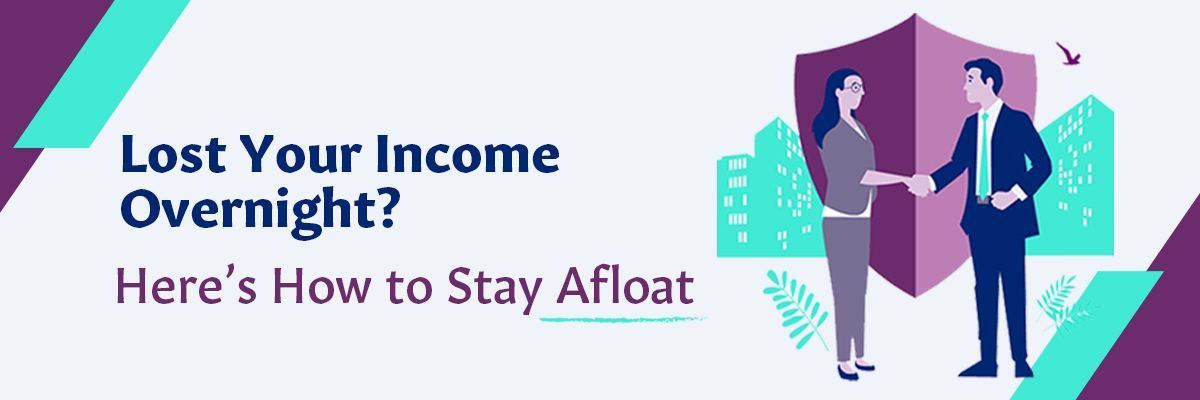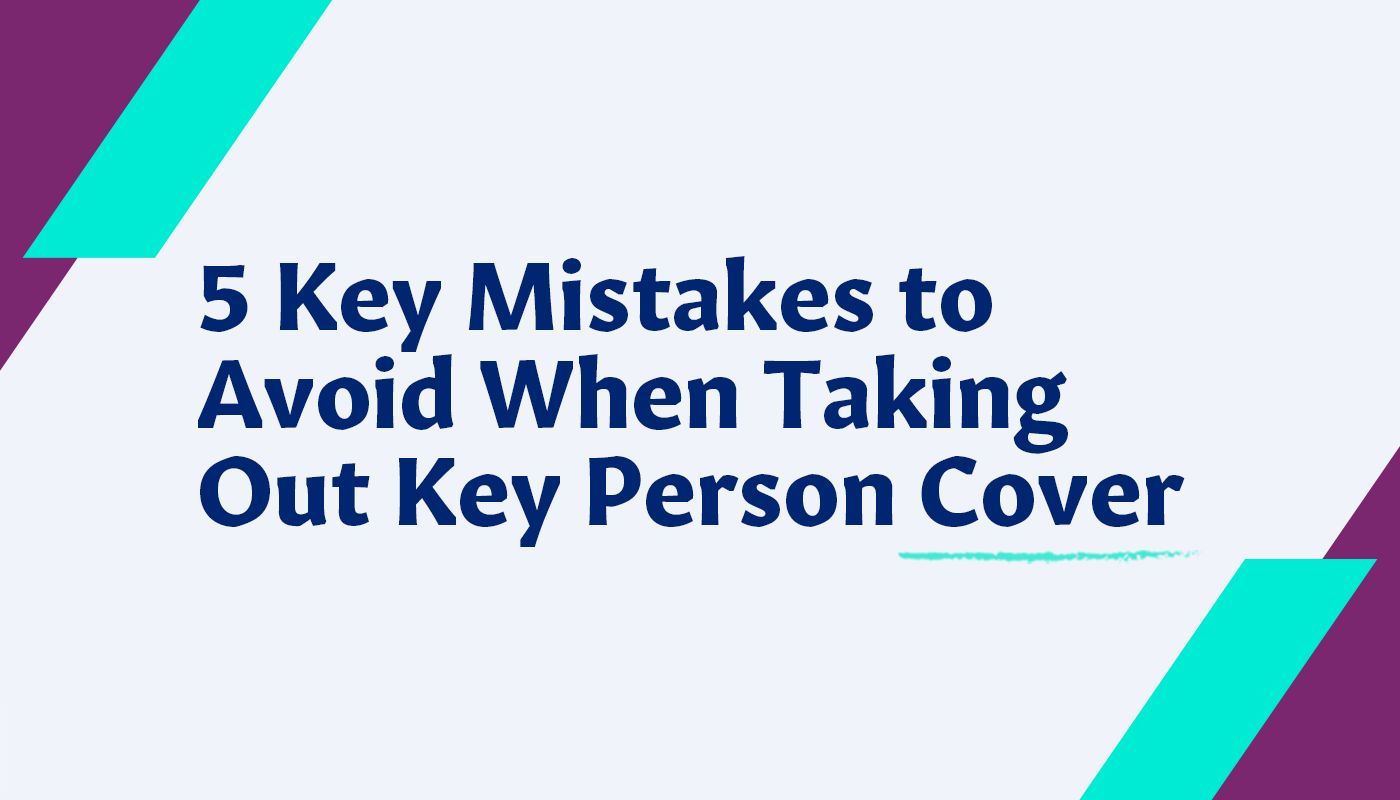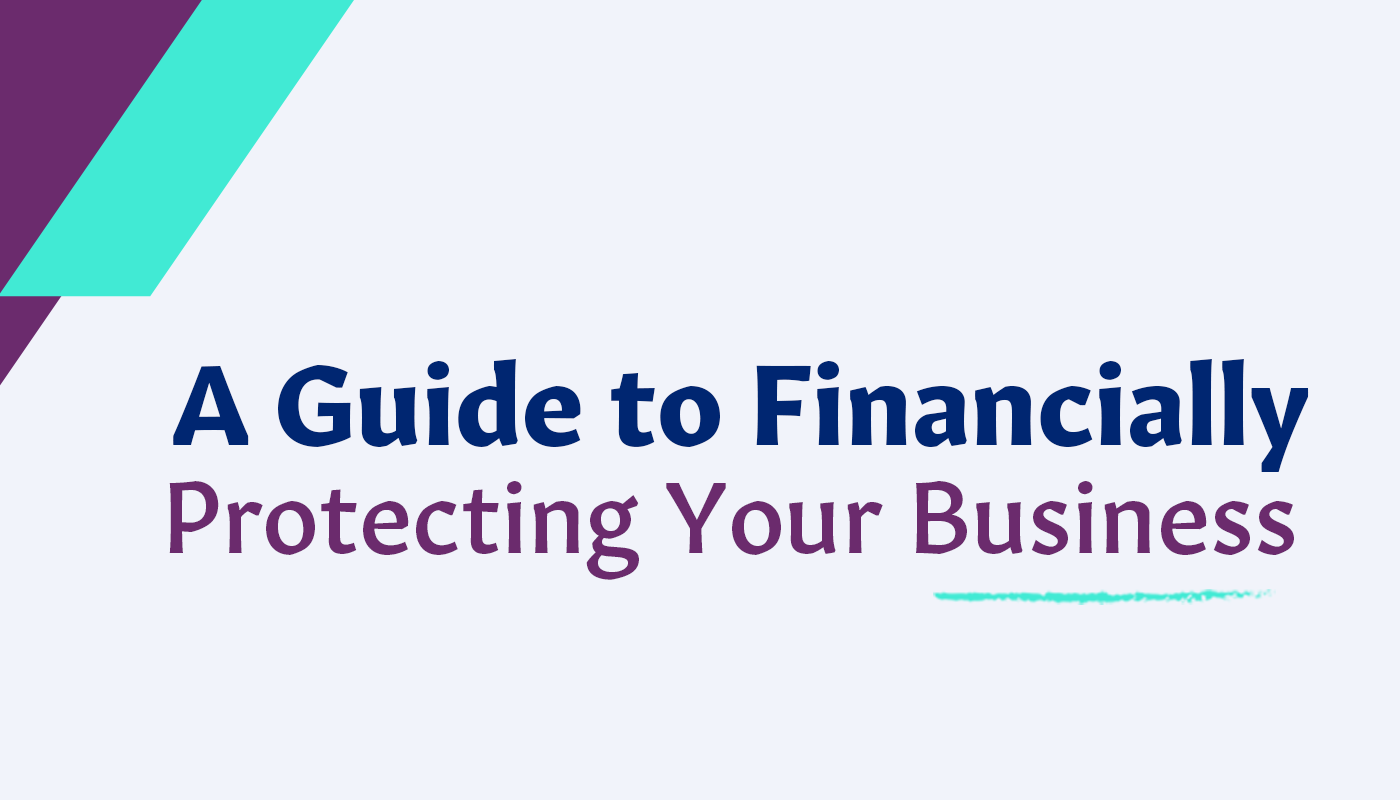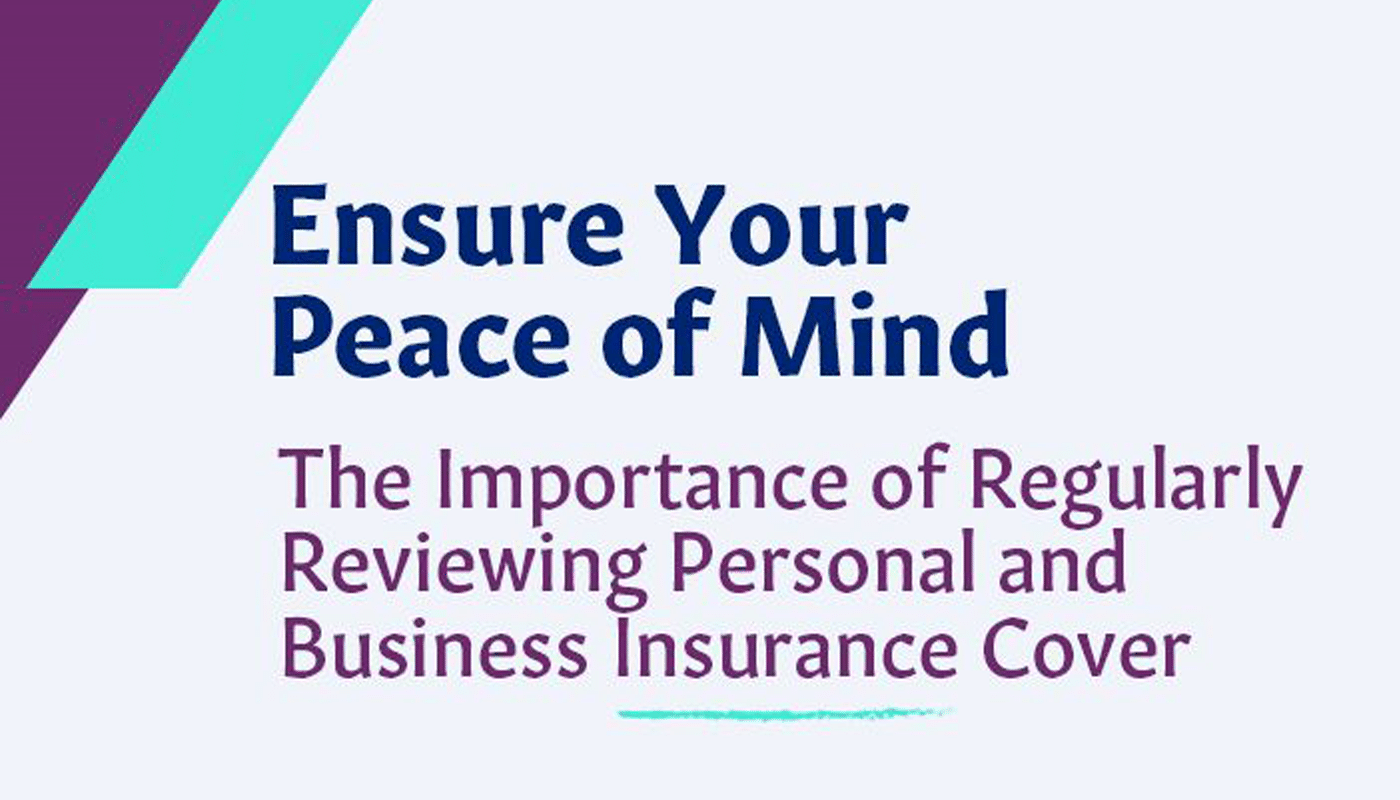
Life loves to throw curveballs. One day, you’re cruising along, and the next BAM! Illness or injury hits, leaving you wondering how you’ll pay the bills if you can’t work. Sure, you might think, "I’ve got savings," or "My employer’s got my back," but spoiler alert: those safety nets can wear thin quickly. Enter: Income Protection Insurance – your financial superhero when life decides to play rough.
What Is Income Protection Insurance (And Why Should You Care)?
Imagine a world where you’re too sick or injured to work, but your bills are still getting paid. Sounds dreamy, right? That’s the magic of income protection insurance. If you can’t work due to illness or injury (not redundancy, though – it’s not a magic wand), this policy replaces a chunk of your earnings. Unlike critical illness cover (which hands you a one-time lump sum), income protection keeps the cash flowing monthly, so you can stay on top of your mortgage, groceries, and all your important subscriptions.
How Does Income Protection Insurance Work?
It’s pretty simple – if you’re signed off work due to illness or injury, your policy kicks in and pays you a portion of your income (usually between 50% and 70%). These payments keep coming until you recover, reach retirement age, or the policy term ends. It’s like having a backup salary that sticks with you through thick and thin.
Key Things to Know:
● Deferred Period (a.k.a. Waiting Period): This is the time between when you stop working and when payments start. It ranges from 4 weeks to a year. The longer you wait, the lower your premiums.
● Payment Duration: Some policies cover you for a few years; others will have your back until retirement.
● Flexibility: Whether you’re a self-employed go-getter or an employee with minimal sick pay, income protection can be tailored to your needs.
Fun Fact: According to the ONS (Official National Statistics) 1 in 4 people will be unable to work due to illness or injury before retirement? Income protection isn’t just a luxury – it’s a smart move.
Short-Term vs. Long-Term Income Protection: What’s Your Style?
● Short-Term Income Protection: Think of this as a financial Band-Aid. It covers you for 12 to 24 months (or up to five years in some cases) and is more affordable. Ideal if you expect to bounce back relatively quickly.
● Long-Term Income Protection: This one’s the marathon runner. It provides payments until you retire if needed. Yes, it costs more, but it’s the ultimate safety net against long-term income loss.
What If You Don't Have Income Protection?
Without a policy, you’ll need to rely on other (less reliable) sources of income. Here’s the reality check:
1. Statutory Sick Pay (SSP): In the UK, it’s £116.75 per week (as of 2024) for up to 28 weeks. Unless you live on air and good vibes, that won’t cut it.
2. Savings: Got 3 to 6 months of expenses stashed away? Great – but a long-term illness could drain that fast.
3. Employer Benefits: Some workplaces offer decent sick pay, but check the fine print. Not everyone gets generous perks.
4. Critical Illness Cover: This pays a lump sum if you’re diagnosed with a serious illness, but it won’t provide ongoing support like income protection.
Choosing The Right Policy: It's Not One-Size-Fits-All
Picking an income protection policy is like choosing your favourite pizza toppings – it’s personal. Here’s what to think about:
● Deferred Period: Can you survive a few months without payments, or do you need support ASAP?
● Payout Length: Short-term vs. long-term – which suits your situation?
● Level of Cover: Most policies offer 50-70% of your salary. Make sure it’s enough to cover the essentials.
● Occupation Class: Riskier jobs (think stunt person vs. office worker) come with higher premiums.
Customising Your Policy: Get What You Need (and Skip What You Don’t)
A great policy reflects your lifestyle and financial needs. Consider:
● Your monthly bills.
● Your employer’s sick pay policy.
● Other coverage you might have (like critical illness or savings).
Individual vs. Business Income Protection: Know the Difference
1. Individual Income Protection: Pays you a monthly, tax-free income while you’re unable to work.
2. Executive Income Protection: Pays your business, which then pays you through the PAYE system. Bonus: the premiums are tax-deductible!
3. Group Income Protection: Ideal for companies, providing financial support to employees while helping manage long-term sick leave.
The Bottom Line
Life doesn’t always play fair, but you can protect yourself from financial chaos with the right income protection policy. It’s a smart, proactive move that ensures you can maintain your lifestyle even when the unexpected happens.
Don’t wait until it's too late – take control of your future today. Our expert advisers are there to help you find the perfect policy for your circumstances. Get started today!
Recent Blogs




